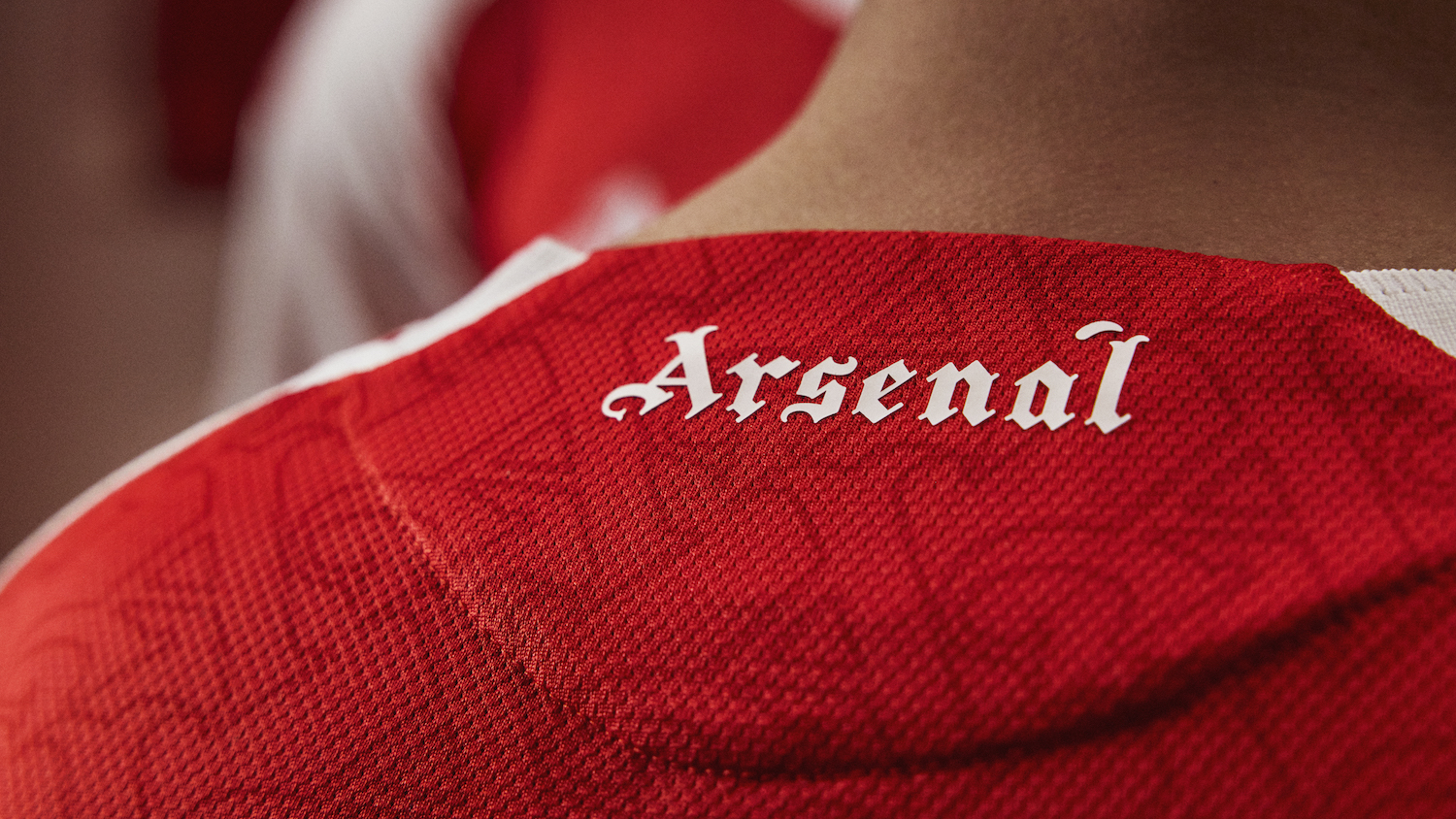
The trial begins two weeks after the resignation of the Turkish Football Federation (TFF) chairman and his two deputies over the TFF's failure to agree on how to punish clubs caught up in the scandal.
European football's ruling body UEFA will watch proceedings closely, having increased pressure on the federation to act. Sanctions against clubs could include relegation.
However, the court case concerned only individuals, judge Mehmet Ekinci told the court room, saying: "It's not the teams or Turkish sports we are judging here."
Fenerbahce Chairman Aziz Yildirim, the most high-profile of the 93 officials and players charged in the case, waved to spectators in the court at Silivri, 70 km west of Istanbul.
The town has become synonymous with Turkey's murky underbelly as generals and journalists accused of plotting coups are being held at the high-security prison there.
Outside the court, some 2,000 Fenerbahce fans chanted in support of their club's chairman. A tent was set up to serve tea, coffee and soup to them.
"We are right, we will win," they chanted. Fans from Sivasspor and Orduspor were also evident among the crowd.
The best features, fun and footballing quizzes, straight to your inbox every week.
"Our love is not just for February 14, it will last for ever," said a Fenerbahce banner, alluding to Valentine's Day.
The chairman of Fenerbahce, a club whose most famous fan is Prime Minister Tayyip Erdogan, gave an indignant response when a judge asked him whether he had any past convictions.
"No criminal record until coming here," said Yildirim, wearing a blue suit and a tie in Fenerbahce's blue-and-yellow colours. He looked through documents and talked with his lawyers in the front row of the defendants' section.
The scandal erupted last July when police raids led to the detention of dozens of people including Yildirim. The indictment issued in December charged Yildirim with being a gang leader, among charges ranging from match-fixing to paying bribes.
DISCIPLINARY MEASURES
The first four days of the case were set to be taken up by the reading of the 400-page indictment which refers to 13 matches, including Fenerbahce's 4-3 victory over Sivasspor which allowed them to clinch the league championship on the final day of last season.
The federation excluded Fenerbahce from this season's Champions League, with runners-up Trabzonspor taking their place, in an initial move after the investigation started. However, clubs have failed to agree on other disciplinary measures.
TFF Chairman Mehmet Ali Aydinlar, who became chairman only days before the match-fixing scandal broke, resigned soon after Turkish clubs rejected a proposal to penalise clubs with a minimum 12-point deduction, but spare them from possible automatic relegation.
Media reports say Aydinlar will soon seek re-election.
Despite being at the heart of the investigation, Fenerbahce led opposition to the softening of punishments and said the TFF needed to wait for completion of the legal process before acting.
UEFA has said the federation cannot wait and has left open the possibility of excluding clubs from European competitions.
The indictment names eight clubs, including Fenerbahce, Besiktas and Trabzonspor, who are in the Europa League. Fourteen players are among the defendants.
One allegation in the indictment is that Yildirim ordered his aides to pay 100,000 euros to Istanbul Buyuksehir Belediyesi player Ibrahim Akin ahead of a match in May 2011.
"They say I paid Ibrahim Akin 100,000 euro. From which account? Let them prove that and I'll jump off a bridge," media reports quotes Yildirim as saying during a court break.
 Join The Club
Join The Club





